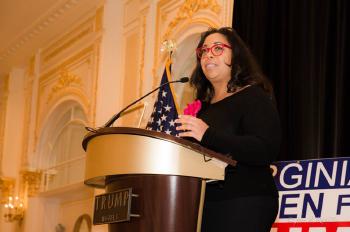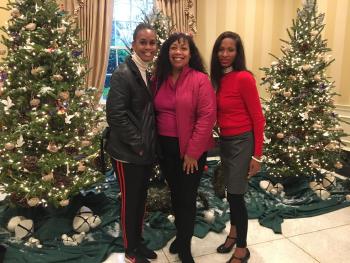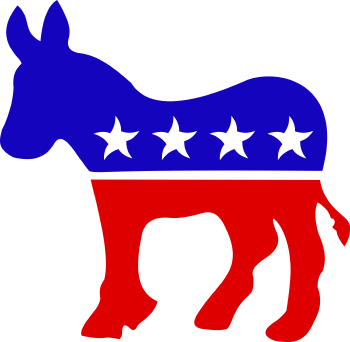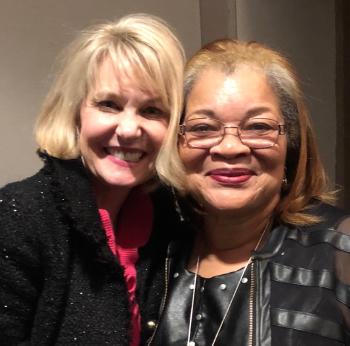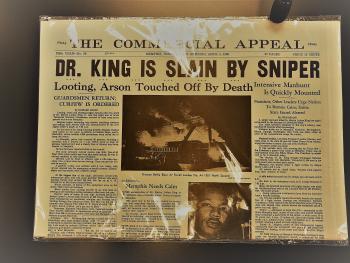A Cry For Battle
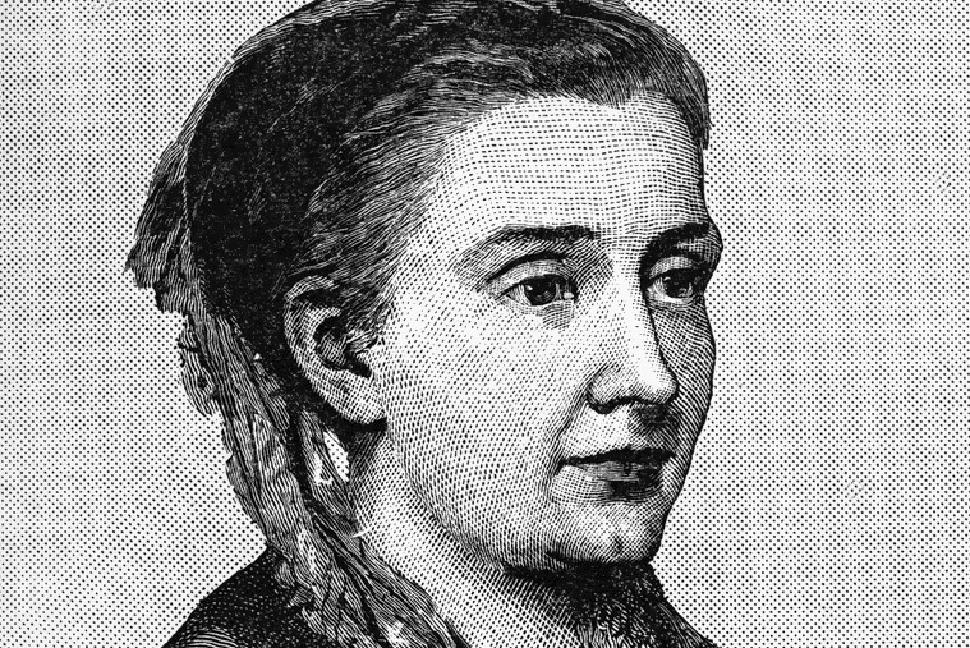
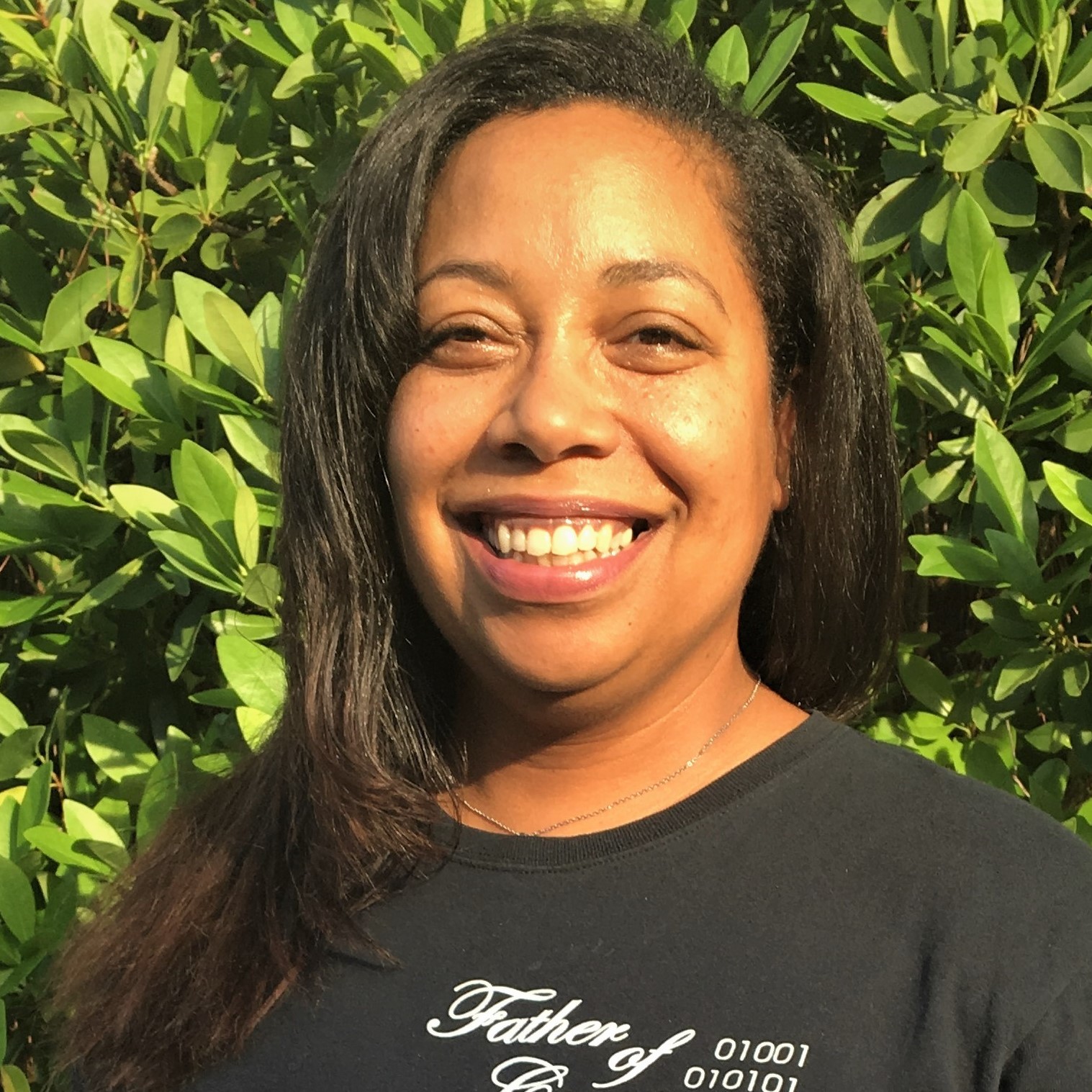
Lisa Noël Babbage
Author, Teacher, Philanthropist
Aug. 23, 2018
“Without invitation from her government, in some cases, without the blessing of her husband, she sought to bring out the best in the country she called home and she did so by loving her.”
When Company K of the Wisconsin 6th Volunteer Infantry marched through Washington, DC to Murray, Kentucky, in the thick of the Civil War, they did so humming a tune many of them had heard around battlegrounds throughout the east coast. Julia Ward Howe was in the crowd cheering the Republic’s soldiers on. She was a patriot and an abolitionist. Many today would have painted her as one of the era’s outspoken social justice warriors, but Julia Ward Howe was much more than that, because she was led by the convictions of faith.
Her writings in favor of the anti-slavery movement were among many of her early entries into the political arena that were supported by her husband. However, Howe went on to support the Women’s suffrage movement founding the New England Women’s Club and the New England Women’s Suffrage Association. She became the first president of the Association of American Women in 1876 and later led a campaign for the establishment of an official day to recognize the importance of motherhood. Although a life of financial privileged supported her involvement in these causes, it was her personal experiences that kept her involved with public affairs, constantly rallying for the betterment of her country.
While Julia Ward Howe is called, by some, the “Queen of America,” the example she left is less about royalty than it is about the responsibility of citizenship. Hers was a life dedicated to her nation. The exploits she canonized in the Battle Hymn of the Republic summarize how loyalty to God and country should be the ultimate ideal for every person. She was quoted as saying to “foster, assist, and sustain excellence” is the goal of the American Academy of the Arts and Letters, a society to which she was the first woman elected. However, her apparent life’s goal was to do the same for America. Without invitation from her government, in some cases, without the blessing of her husband, she sought to bring out the best in the country she called home and she did so by loving her.


